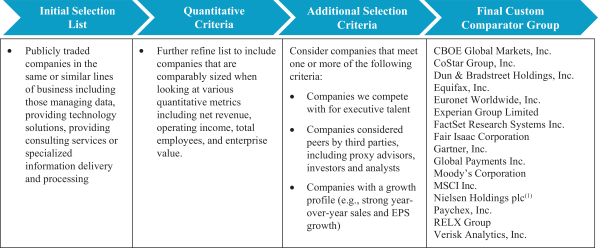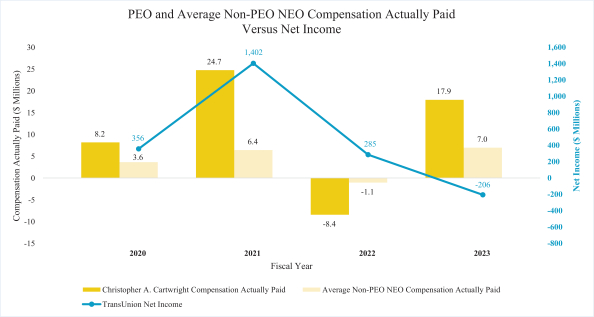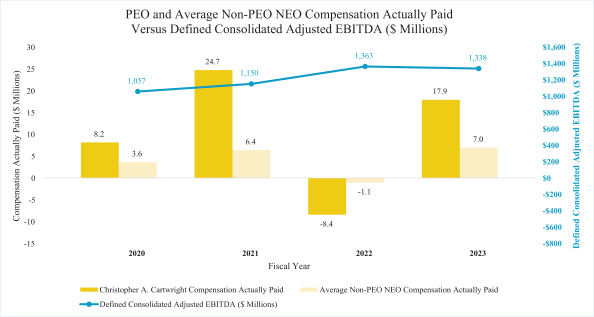12. Changes in Capital Structure and Similar Events. Notwithstanding any other provision in this Plan to the contrary, the following provisions shall apply to all Awards granted hereunder (except Other Cash-Based awards):
(a) General. In the event of (i) any dividend (other than regular cash dividends) or other distribution (whether in the form of cash, shares of Common Stock, other securities or other property), recapitalization, stock split, reverse stock split, reorganization, merger, consolidation, split-up, split-off, spin-off, combination, repurchase or exchange of shares of Common Stock or other securities of the Company, issuance of warrants or other rights to acquire shares of Common Stock or other securities of the Company, or other similar corporate transaction or event that affects the shares of Common Stock (including a Change in Control), or (ii) unusual or nonrecurring events affecting the Company, including changes in applicable rules, rulings, regulations or other requirements, that the Committee determines, in its sole discretion, could result in substantial dilution or enlargement of the rights intended to be granted to, or available for, Participants (any event in (i) or (ii), an “Adjustment Event”), the Committee shall, in respect of any such Adjustment Event, make such proportionate substitution or adjustment, if any, as it deems equitable, to any or all of (A) the Absolute Share Limit, or any other limit applicable under the Plan with respect to the number of Awards which may be granted hereunder, (B) the number of shares of Common Stock or other securities of the Company (or number and kind of other securities or other property) which may be issued in respect of Awards or with respect to which Awards may be granted under the Plan, and (C) the terms of any outstanding Award, including, without limitation, (1) the number of shares of Common Stock or other securities of the Company (or number and kind of other securities or other property) subject to outstanding Awards or to which outstanding Awards relate, (2) the Exercise Price or Strike Price with respect to any Award, or (3) any applicable performance measures (including, without limitation, Performance Criteria and Performance Goals); provided, that in the case of any “equity restructuring” (within the meaning of the Financial Accounting Standards Board Accounting Standards Codification Topic 718 (or any successor pronouncement thereto)), the Committee shall make an equitable or proportionate adjustment to outstanding Awards to reflect such equity restructuring. Any adjustment made under this Section 12 shall be conclusive and binding for all purposes.
(b) Adjustment Events. Without limiting the foregoing, except as may otherwise be provided in an Award Agreement, in connection with any Adjustment Event, the Committee may, in its sole discretion, provide for any one or more of the following:
(i) providing for (A) subject to Section 12(c), a substitution or assumption of Awards (any substituted Award or assumed Award, a “Successor Award”), (B) accelerating the exercisability of, lapse of restrictions on, or termination of, Awards, or (C) providing for a period of time (which shall not be required to be more than ten (10) days) for Participants to exercise outstanding Awards prior to the occurrence of such event (and any such Award not so exercised shall terminate upon the occurrence of such event); and
(ii) subject to any limitations or reductions as may be necessary to comply with Section 409A of the Code, cancelling any one or more outstanding Awards and causing to be paid to the holders of such Awards that are vested as of such cancellation (including, without limitation, any Awards that would vest as a result of the occurrence of such event but for such cancellation or for which vesting is accelerated by the Committee in connection with such event), the value of such Awards, if any, as determined by the Committee (which value, if applicable, may be based upon the price per share of Common Stock received or to be received by other stockholders of the Company in such event), including without limitation, in the case of an outstanding Option or SAR, a cash payment in an amount equal to the excess, if any, of the Fair Market Value (as of a date specified by the Committee) of the shares of Common Stock subject to such Option or SAR over the aggregate Exercise Price or Strike Price of such Option or SAR (it being understood that, in such event, any Option or SAR having a per share Exercise Price or Strike Price equal to, or in excess of, the Fair Market Value of a share of Common Stock subject thereto may be canceled and terminated without any payment or consideration therefor), or, in the case of Restricted Stock, Restricted Stock Units or Other Stock-Based Awards that are not vested as of such cancellation, a cash payment or
A-16







 Majority voting for directors
Majority voting for directors
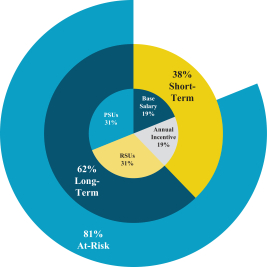































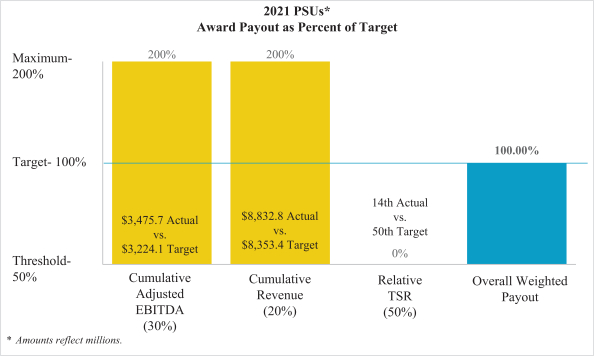

 Provide NEOs with tax
Provide NEOs with tax 